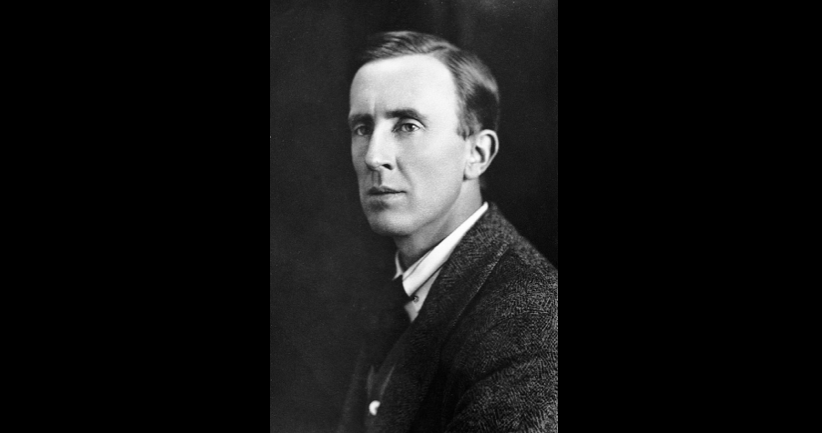
Why I Love the OED: Diachronicity
In the post “Merriam-Webster and OED add new words: Lorem ipsum, TL;DR, and more” from the Columbia Journalism Review, Merrill Perlman (@meperl) succinctly differentiates between the Merriam-Webster Dictionary and the Oxford English Dictionary (OED): Merriam-Webster...

Emotional Coherence And A Wedge of Ambivalence
I love the paper The Cognitive Science of COVID-19: Acceptance, Denial, Belief Change, written by Paul Thagard. Although a simplified view of this paper is it's an amplified restatement of Hume’s "reason is a slave to the passions” to me the idea of emotional...

Curation for Photography (and Writing)
One of the upsides/downsides of moving from film photography to digital photography is the significantly increased volume of generated content, resulting in the need to “up my curation game”. For example, I quickly rejected the photo above of the rail car wheel; it...

Occam’s Simplicity vs. Dirac’s Beauty
Most everyone is familiar with Occam’s Razor, which is usually stated as “The simplest explanation is usually the right one.” or “Do not multiply entities without necessity!” (This idea also makes its appearance in medical school with this classic saying: “when you...

Why Should Writer’s Write Poetry?
Why should a woods-person sharpen their axe? Because an axe is the tool of their trade, and it chops better when sharpened. Why should a writer write poetry? Because language is the tool of their trade, and its use improves when sharpened. Time for some...

My Disney Ambivalence
There are two of the definitions of ambivalence in the Oxford English Dictionary: Psychoanalysis and Psychology. The coexistence in one person of profoundly opposing emotions, beliefs, attitudes, or urges (such as love and hate, or attraction and repulsion) towards a...

Is Healthcare Really a Service Industry?
Most people are familiar in some form with Wittgenstein’s Rabbit, a drawing where the image can be seen as both a duck or a rabbit with a shift in perspective. We may need to start thinking of healthcare in this way because I contend that with the centrality of the...

Complexity and Big Health vs. Small Health
As I suggested in my blog post The Animosity Towards BigX, although I am skeptical towards BigHealth, I don’t hate them—partly because big problems of the world, such as CoVid will need big institutions to help deal with it. However, I do think it's important to...

Tolkien—Role Model? Mentor?
The Oxford English Dictionary gives the following definition for a mentor: Originally (in form Mentor): a person who acts as guide and adviser to another person, esp. one who is younger and less experienced. Later, more generally: a person who offers support and...

Twitter: Mute vs. Block?
Twitter describes the technical differences between muting and blocking well, which I would summarize like this: muting is simply not seeing someone's tweets (or tweets with specific words, emojis, or hashtags), whereas blocking preventing all interaction with...
